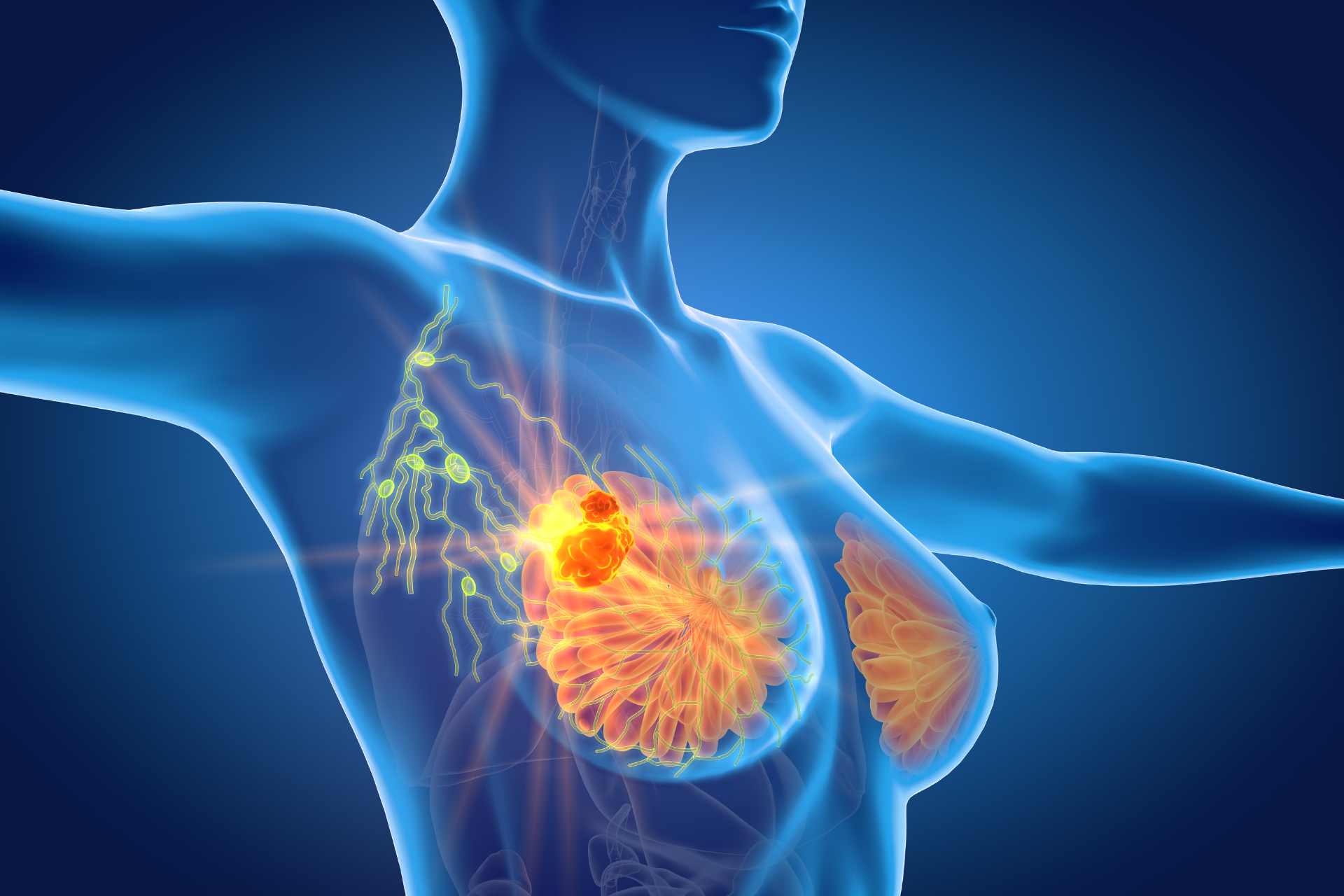What is already known
A high-fat diet, or HFD, is a risk factor for cancer progression as it alters the gut microbiota. However, how HFD-driven changes in gut microbes are linked to cancer development is unclear.
What this research adds
Researchers found that the gut microbe Desulfovibrio is present at high levels in the feces of overweight and obese women with breast cancer and is associated with tumor size. Experiments in mice showed that a HFD-associated microbiota releases the amino acid leucine, which boosts the production of polymorphonuclear myeloid-derived suppressor cell (PMN-MDSC) — a type of cell that suppresses various immune responses in cancer and other inflammatory conditions. High leucine levels are linked to increased PMN-MDSC infiltration in tumors and poorer clinical outcomes in women with breast cancer.
Conclusions
The findings suggest that Desulfovibrio can drive cancer progression, paving the way for therapeutic approached that targeting the gut microbiota.
Obesity is on the rise worldwide, and more than 33% of Americans are overweight or obese due to their high fat intake. Now, researchers have found that a high fat diet can change the gut microbiota in ways that promote breast cancer.
The findings, published in PNAS, suggest that the gut microbe Desulfovibrio can drive cancer progression, paving the way for therapeutic approached that targeting the gut microbiota.
A high-fat diet, or HFD, is a risk factor for cancer progression as it alters the gut microbiota. Obesity has also been linked to cancer, with about 30% of breast cancers in women being preventable by weight control. However, how obesity and HFD-driven changes in gut microbes are linked to cancer development has remained unclear.
Researchers led by Jiewen Chena at Sun Yat-Sen University in Guangzhou, China, analyzed the gut microbiota of women with breast cancer and then used mice to investigate the impact of a HFD-associated gut microbiota on cancer progression.
Obesity link
First, the researchers followed 5,031 women with breast cancer for up to 12 years. Women with a higher body mass index (BMI) — a measure of obesity — tended to have a shorter overall survival and disease-free survival than women with a lower BMI.
Next, the team analyzed the gut microbiota of 61 breast cancer patients. In women with a higher BMI, Feacalimonas, Solobacterium and Gemella were less prevalent than in those with a lower BMI. Instead, Eubacterium_coprostanoligenes_group, Desulfovibrio and bacterium_Rhodospirillales were present at increased levels in the feces of patients with a higher BMI compared with those with a lower BMI.
The abundance of Desulfovibrio, which belongs to a family of microbes that are abundant in obese people, was associated with larger tumor size, the researchers also found.
High-fat diet effects
Using mice, the team discovered that a diet high in fat changes the gut microbiota in ways that promote cancer progression. Further experiments suggested that a HFD-associated microbiota releases the amino acid leucine, which boosts the production of polymorphonuclear myeloid-derived suppressor cell (PMN-MDSC) — a type of cell that suppresses various immune responses in cancer and other inflammatory conditions.
High leucine levels induced by a HFD-associated microbiota were linked to increased PMN-MDSC infiltration in tumors and poorer clinical outcomes in women with breast cancer.
The work, the authors say, “confirms that Desulfovibrio is a critical component of the gut microbiota that drives cancer progression.” Targeting this microbe may be a promising intervention for preventing HFD-related cancers, they say.









